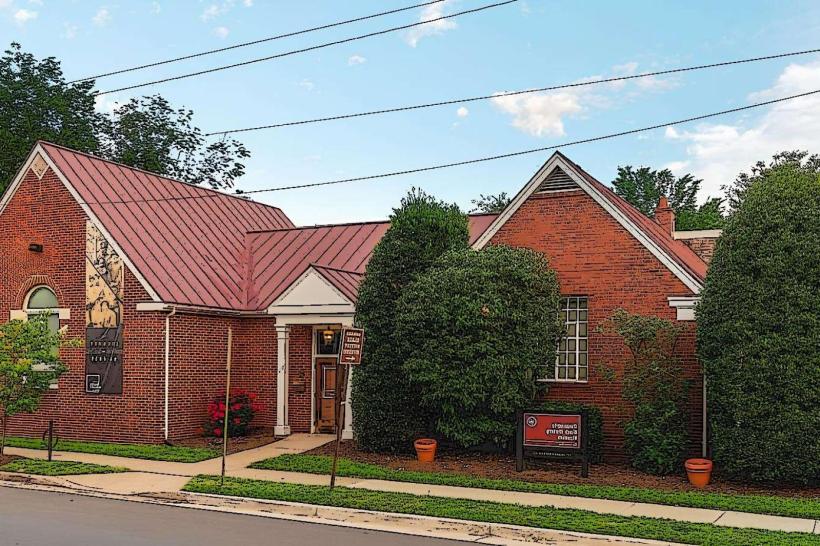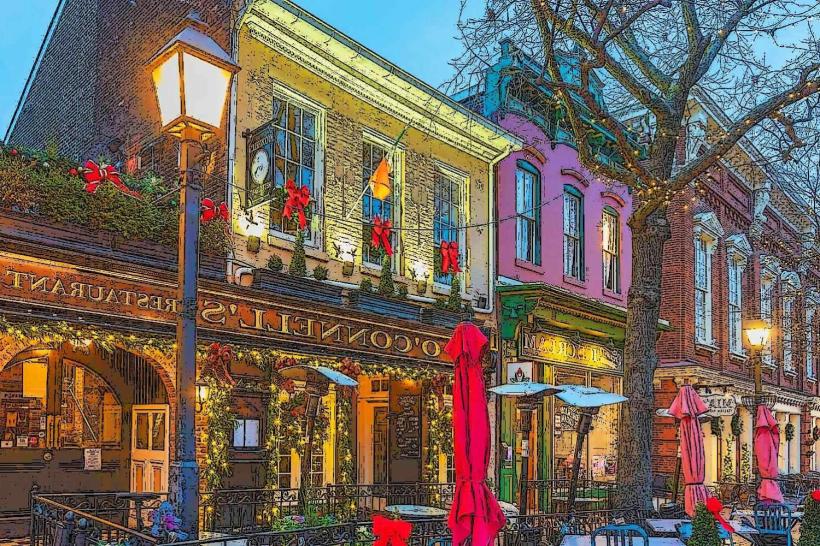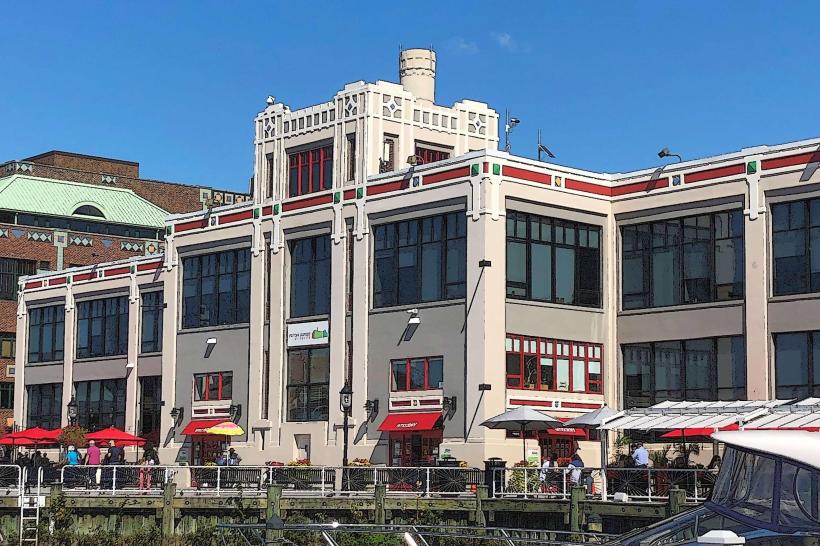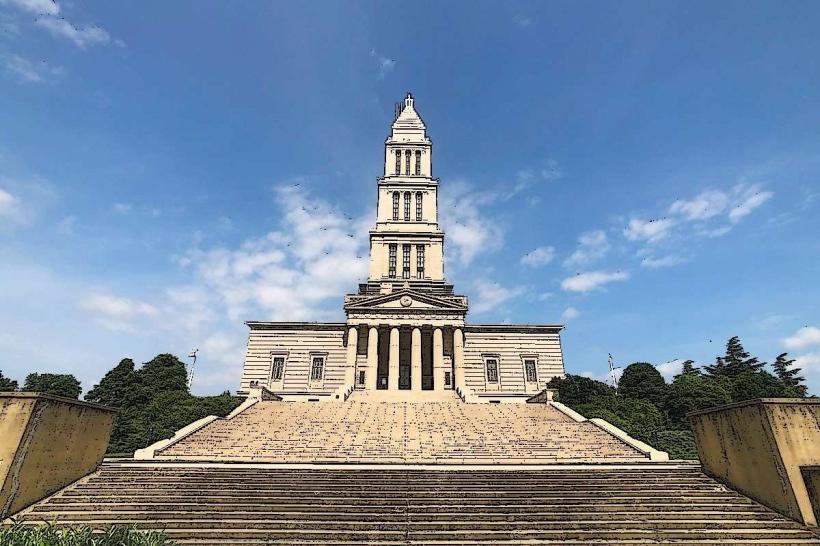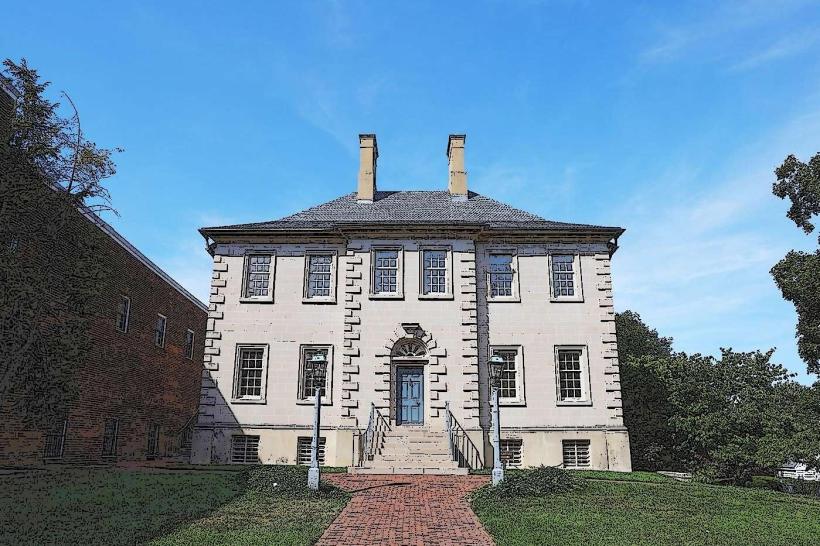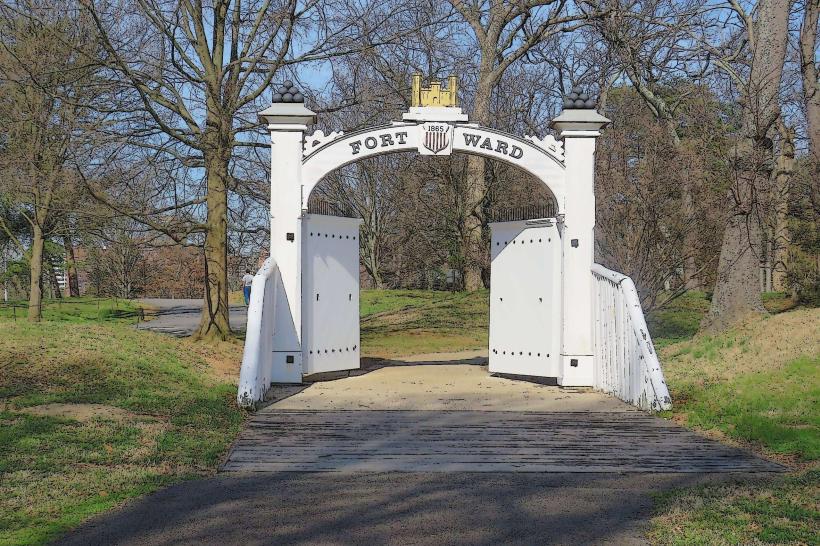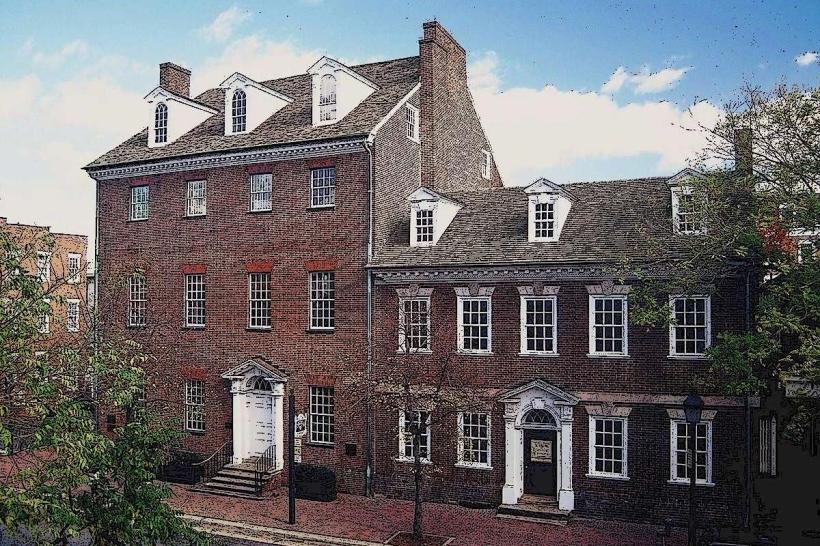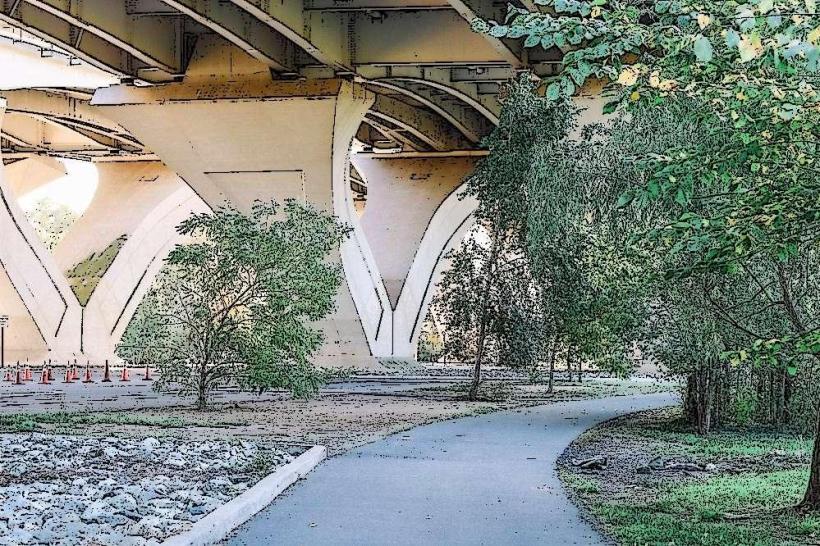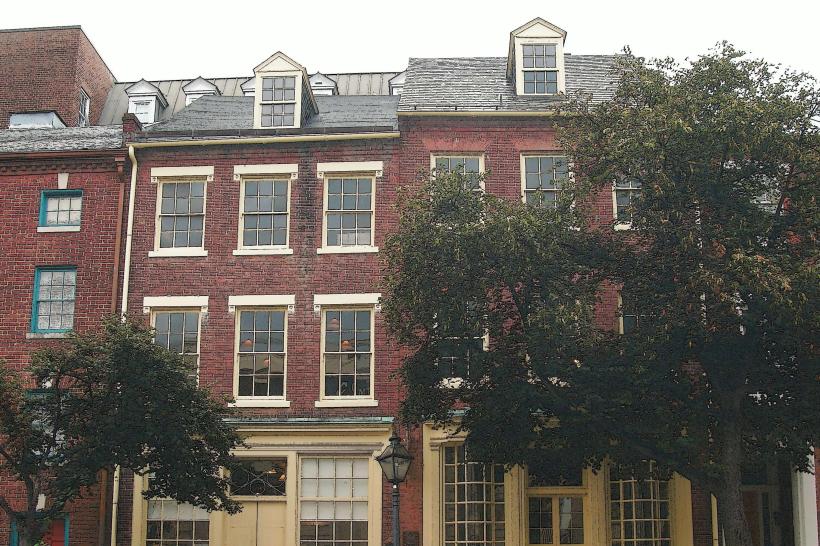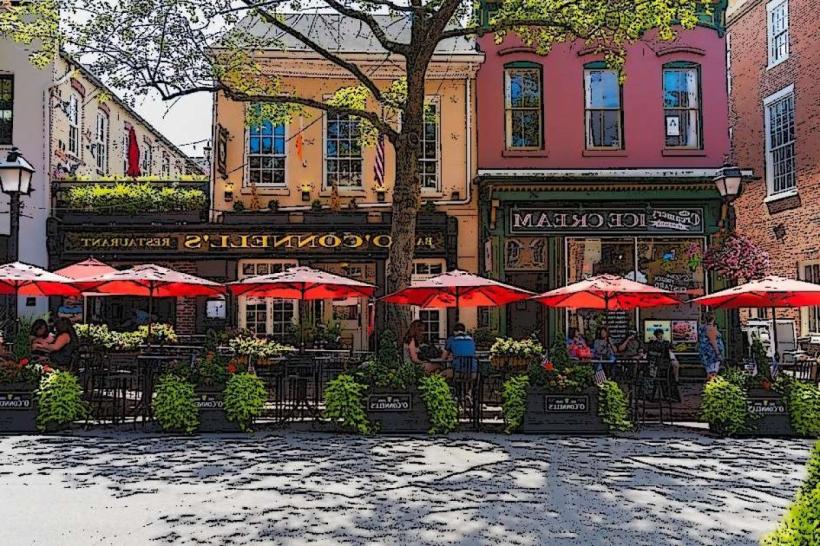Information
City: Alexandria CityCountry: USA Virginia
Continent: North America
Alexandria City, USA Virginia, North America
Alexandria is an independent city in the Commonwealth of Virginia, situated on the western bank of the Potomac River approximately 10 km south of Washington, D.C. It functions as a high-density professional and residential hub within the National Capital Region.
Historical Timeline
Founded in 1749, Alexandria served as one of the busiest ports in British North America and was a major center for the domestic slave trade (Franklin and Armfield). Primary governance eras include its inclusion in the original District of Columbia (1791–1846) and its subsequent retrocession to Virginia. During the American Civil War, it was occupied by Union forces for the duration of the conflict, making it the longest-occupied city in the Confederacy. The 21st century has been defined by the expansion of federal agencies (National Science Foundation) and the development of the "Amazon HQ2" corridor in National Landing.
Demographics & Population
The population is approximately 155,000. The demographics are White (50%), Black or African American (21%), Hispanic or Latino (16%), and Asian (6%). The median age is 37.1 years. It is a high-income community with a large percentage of residents holding advanced degrees.
Urban Layout & Key Districts
The city is organized along a grid radiating from the Potomac River.
Old Town: The historic heart of the city, characterized by cobblestone streets, 18th-century architecture, and high-end retail.
Del Ray: A residential neighborhood known for its "Main Street" feel (Mount Vernon Avenue) and art-deco architecture.
Arlandria: A culturally diverse district in the north, historically influenced by Salvadoran and Central American communities.
Carlyle/Eisenhower Valley: A modern district housing federal agencies, the U.S. Patent and Trademark Office, and luxury high-rises.
West End: A suburbanized area featuring high-density housing and major medical facilities.
Top City Landmarks
George Washington Masonic National Memorial: A 101-meter tower overlooking the city.
The Torpedo Factory Art Center: A former naval munitions plant converted into 82 artist studios.
Gadsby’s Tavern Museum: A historic 1785 tavern frequented by the first five U.S. Presidents.
Carlyle House Historic Park: An 18th-century Palladian-style manor.
Christ Church: A colonial-era church where George Washington and Robert E. Lee worshipped.
Spite House: The narrowest historic house in America (approx. 2.1 meters wide).
Transportation Network
Alexandria is a major transit node. The Washington Metro (Blue and Yellow Lines) serves the city via Braddock Road, King Street-Old Town, Eisenhower Ave, and Van Dorn Street stations. It is a major stop for Amtrak and VRE (Virginia Railway Express). The King Street Trolley provides free transit from the rail station to the waterfront. It is served by I-495 (Capital Beltway) and I-395. Ride-sharing is universal. Traffic density is extreme, particularly on the Woodrow Wilson Bridge.
Safety & "Red Zones"
The general safety level is high. Property crime, specifically "theft from auto" in parking garages, is the primary concern. There are no designated "red zones," though standard urban awareness is advised at night in parts of the Arlandria and West End districts. Common scams involve fraudulent private parking enforcement and "ticket resales" for waterfront events.
Digital & Financial Infrastructure
Internet speeds average 500+ Mbps with fiber availability via Verizon Fios and Comcast. Main mobile carriers are Verizon, AT&T, and T-Mobile. Card acceptance is universal. ATMs are concentrated in Old Town and the Carlyle district.
Climate & Air Quality
Temperatures range from -1°C to 7°C in winter and 21°C to 31°C in summer. Humidity is high. Air quality is moderate, influenced by proximity to Reagan National Airport (DCA) and the I-495 corridor. Specific weather risks include seasonal flooding of the Old Town Waterfront during high tides and heavy rain.
Culture & Social Norms
The standard tipping percentage is 18–25%. A handshake is the standard greeting. Dress codes are "Professional-Casual" or "Federal-Formal." Smoking is prohibited in public indoor spaces. The city is culturally defined by its colonial preservation, its proximity to federal power, and a high-energy "New Urbanist" lifestyle.
Accommodation Zones
Old Town: Recommended for luxury boutique stays and walking access to historic sites.
Eisenhower Valley: Recommended for business travelers and proximity to the Metro.
Potomac Yard: Recommended for national hotel chains and proximity to the airport.
Local Cost Index
1 Espresso: $4.75 (USD)
1 Standard Lunch: $21.00 (USD)
1 Metro Fare (to DC): $2.00–$6.00 (Variable).
Nearby Day Trips
Washington, D.C.: (Directly across the river).
Mount Vernon: George Washington’s estate (13 km south).
Arlington National Cemetery: (10 km north).
National Harbor, MD: (Directly across the bridge).
Facts & Legends
Alexandria was home to the first domestic apothecary in the U.S. (Stabler-Leadbeater), which once filled an order for Martha Washington. Historically, the city was the site of the first Union casualties of the Civil War at the Marshall House. A local legend involves the "Female Stranger," a young woman who died in Gadsby's Tavern in 1816; her identity was never revealed by her companion, and her tomb in St. Paul’s Cemetery remains a point of local mystery. Another legend concerns the "Ghost of the Woodlawn Plantation," said to be a spectral servant from the early 19th century.

